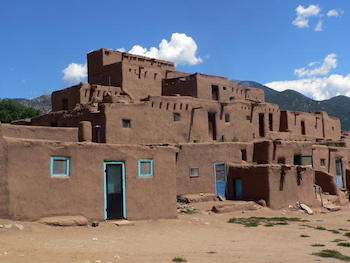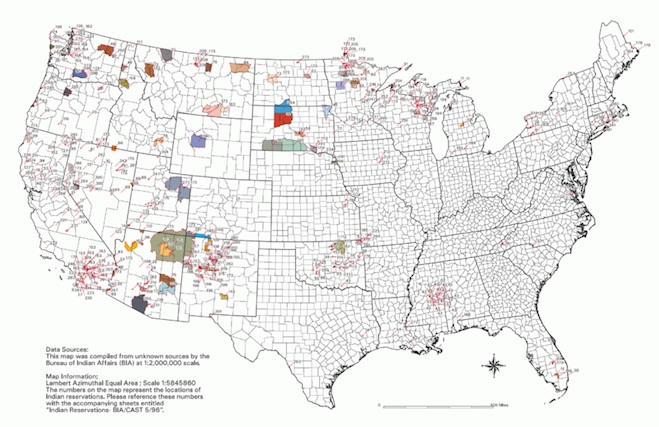Conference, Mayo 19-20, 2014, Phoenix, AZ – EE.UU..

Taos Pueblo © Edmondo Gnerre. Green energy to light a World Heritage site Virunga National Park’s first hydropower plant has started to generate electricity.
Land under the supervision of the United States government that has been set aside permanently for the use of Native Americans is known as “Indian Country” and is the repository for vital energy resources. The Indian Country includes an important number of biosphere reserves and world heritage sites in USA. Places like Chaco, Photo Gallery , Sonoran Desert, Aleutian Islands, Olympic NP, Everglades, Glacier NP among other UNESCO sites.
The National Congress of American Indians (NCAI) has estimated that tribal lands may contain as much as 10 percent of the nation’s traditional and clean energy resources. Photo Gallery, terms, financing, or collateral. These projects present legal and cultural complexities that must be addressed prior to, during, and throughout the entire development life cycle.
Managing the relationship between industry, tribal governments, and tribal community members is important to establishing and maintaining harmonious relationships between stakeholders throughout the energy development process. This conference will outline why developing a renewable energy project with a tribal entity on tribal or Indian Country lands is not a traditional project. Attendees will come away with an understanding of federal Indian law, tribal sovereignty, tribal government structures, Photo Gallery, and the elements of successful project development in Indian country. Engaging in conference discussions will be multiple governmental and tribal organizations such as the Bureau of Indian Affairs and the Bureau of Land Management, as well as multiple tribal and Indian Country project developers.
The speakers will focus on developing a more culturally-relevant understanding of tribal communities and the land they possess. Their practical knowledge, which will be imparted through multiple case studies of actual projects, will provide insights for working more effectively with tribes and on the various policies related to environmental and cultural resource issues, while still developing energy in a cost-effective manner.
More information about the Conference (EUCI)
















